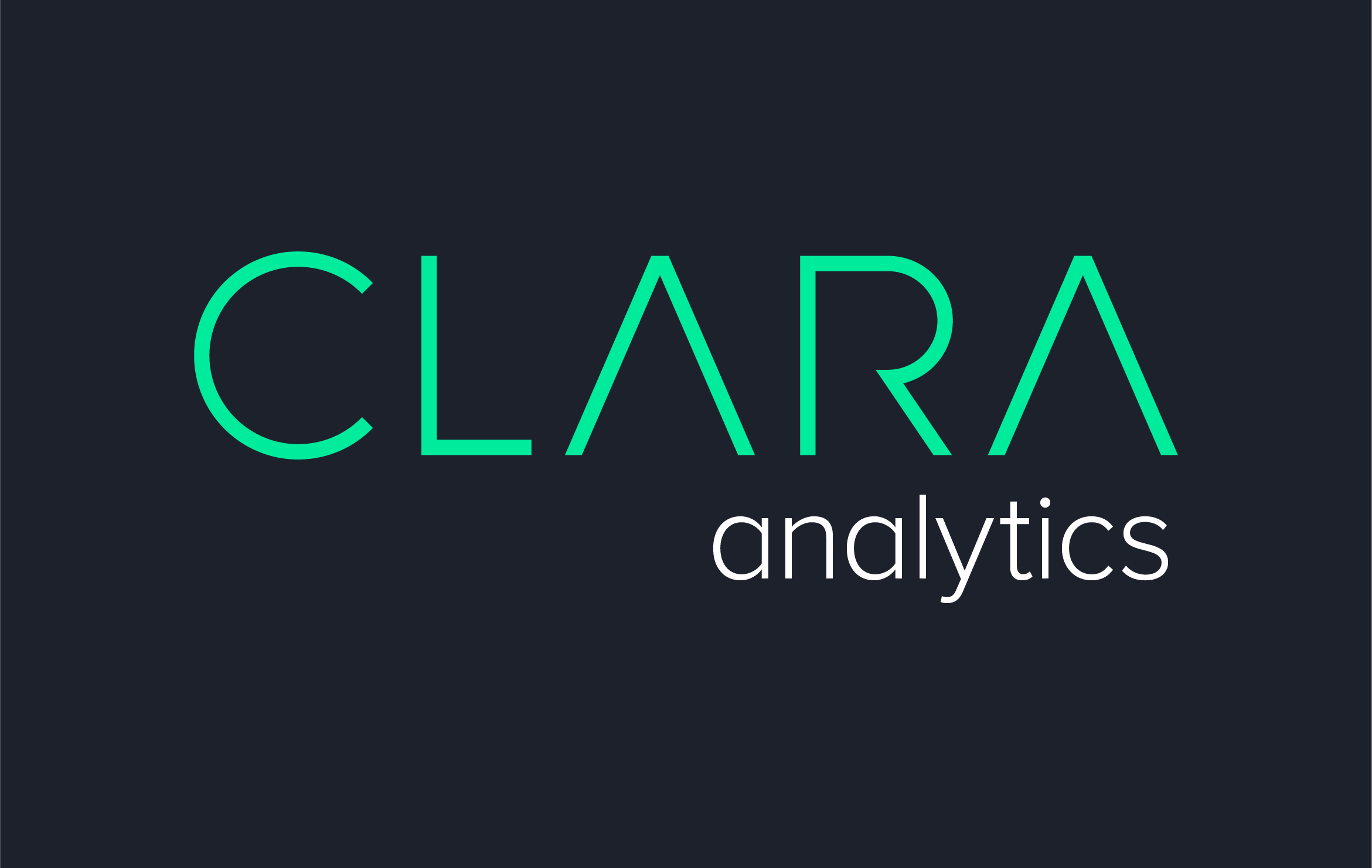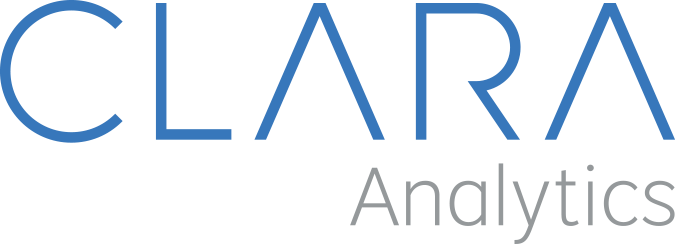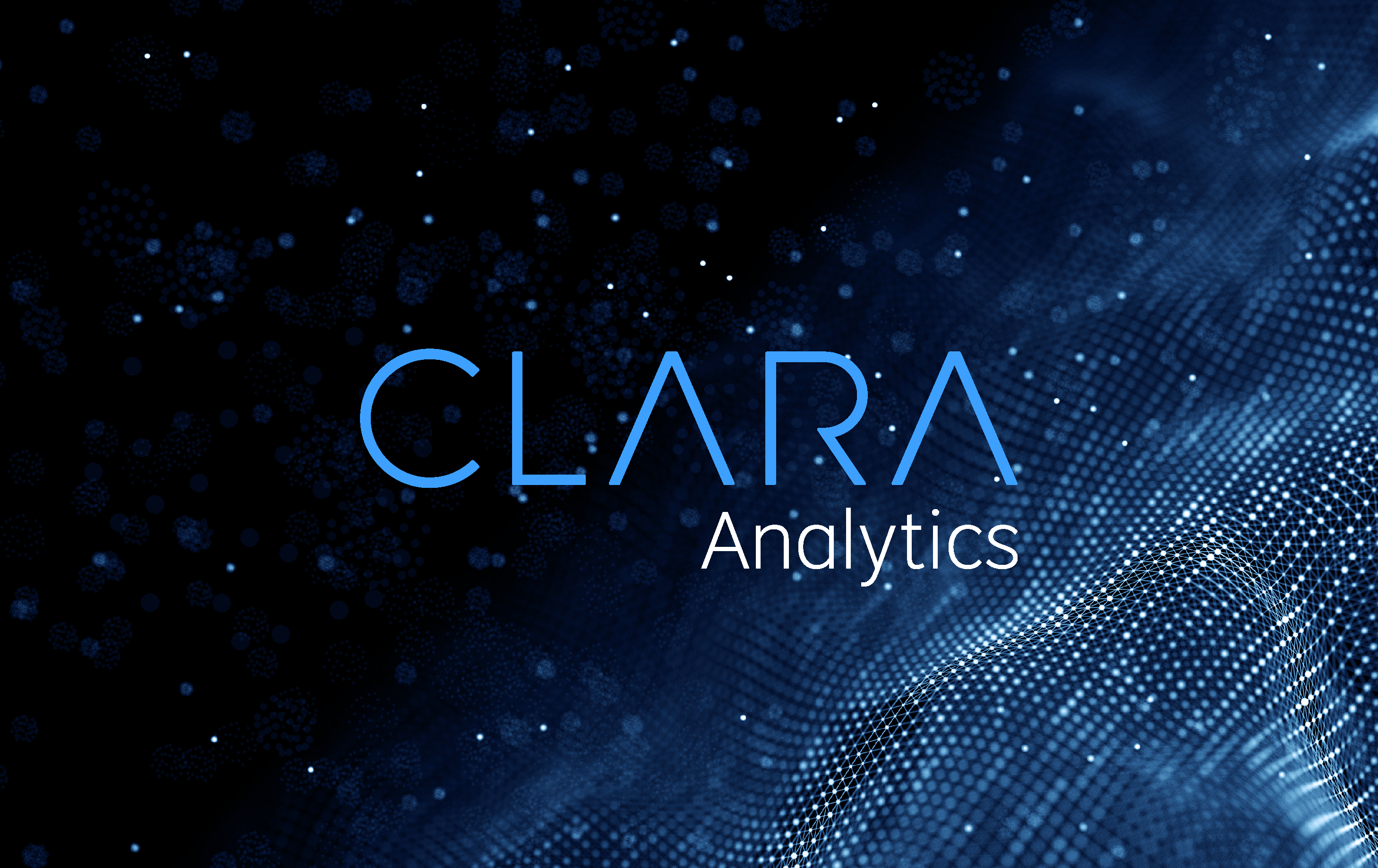CLARA Analytics Launches PUMA
SANTA CLARA, Calif.–(BUSINESS WIRE)–CLARA Analytics, a division of LeanTaaS, a Silicon Valley healthcare SaaS provider, today announced the commercial availability of PUMA, a search engine that helps insurance carriers and their claims adjusters rapidly connect the injured worker to the right providers.
To date, early adopters have achieved significant improvements in operational performance:
- Reduction of more than 10 percent in average workers’ compensation claim costs
- Reduction of 5-15 percent in temporary disability duration
- Reduction in attorney involvement
- Increased compliance with evidence-based guidelines for drugs and procedures
Underlying PUMA is the industry’s most advanced outcomes-based provider scoring engine from CLARA Analytics that rates providers not only based on operational outcomes like cost and duration but also on adherence to evidence-based guidelines. The results are then delivered to claims adjusters in a familiar search engine user interface and can be seamlessly integrated into existing workflows.
“Analytics have proven their value in the workers’ compensation industry,” explained Jayant Lakshmikanthan, president of CLARA Analytics. “They have brought down combined ratios through better underwriting and improved operations. However, the efforts have been largely one-off projects. PUMA connects injured workers with providers faster through scale and automation and, more accurately, through the deep data science behind each score.”
Market Challenges
One of the key factors impacting the recovery of an injured worker is the choice of the providers selected to treat and assist the injured worker. Claim outcomes and costs can vary dramatically based on the providers chosen. After statistically adjusting for case-mix differences, average claim costs for many of the complex injuries (e.g., injuries to the spine) can increase four to five times if treated by a bottom-tier provider instead of a top-tier provider.
Furthermore, the prescriptive pattern of the provider is a large driver in the opioid epidemic. While many are using more holistic pain management techniques such as physical therapy and Cognitive Behavioral Therapy (CBT), some providers continue to heavily prescribe opioids. Organizations such as the American College of Occupational and Environmental Medicine (ACOEM) have made significant strides in defining evidence-based guidelines, but the industry has struggled to find a scalable solution that can detect non-compliance to these guidelines. Using machine learning, PUMA attacks the opioid epidemic by ranking provider compliance with evidence-based guidelines for opioid usage.
PUMA Details
PUMA uses adaptive machine learning techniques to automate checks on excessive opioid administration by scanning through the bill lines of a claim and detecting evidence of non-compliance to drug and opioid guidelines. Providers are scored on an “A” (best) through “E” (worst) scale based on the level and extent of non-compliance of their prescriptions. These guideline-compliance scores can then be combined with the other scores to create a configurable, composite score for each provider.
Claims adjusters can access these scores for the providers through a search engine that gives a ranked list of providers, much like Google shows a ranked list of websites. Adjusters can immediately suggest the providers or package the suggestions in a text message to the injured worker. The result is a highly accurate, outcomes-based recommendation of providers in seconds.
There is complete transparency in PUMA’s scores. From each high-level score, adjusters can easily dig into the component scores and then drill down to the claims handled.
To maximize its impact on the workers’ compensation industry, PUMA was designed from the ground up to be an infinitely scalable product. It can handle any amount of data and any number of customers. It is offered as a secure, HIPAA-compliant, cloud-based application.
Pricing and Availability
PUMA is now commercially available. Deployment is completed in three phases:
- Phase 1: Setup and initial evaluation, estimated at six to eight weeks for setup and initial scoring
- Phase 2: Hardening, estimated at four weeks for automating data flows and training
- Phase 3: Ongoing support and refinement
Pricing for PUMA is based on the size of the customer, including volumes of new claims being received every year. Visit https://claraanalytics.com/products/puma to learn more and to schedule a demo.
About CLARA Analytics
CLARA Analytics, a division of LeanTaaS, is focused on helping insurance carriers rapidly getting the injured worker back on track using the most advanced yet easy-to-use analytic products. The PUMA search engine helps claims adjusters connect injured workers to the right provider in seconds, while the CATT control tower helps carriers reduce claim escalations and focus team efforts. Both are highly scalable and advanced SaaS technology that CLARA Analytics acquired from Axiomedics Research. The core models for PUMA and CATT have been under development for the last 10 years. Early adopters of PUMA and CATT have seen their total claim costs go down by more than 10 percent every year and litigation rates drop by more than 25 percent. For more information, visit https://claraanalytics.com/ and follow CLARA Analytics on LinkedIn, Facebook and Twitter.
PUMA, CATT and CLARA Analytics are trademarks of LeanTaaS. All other brand names and product names are trademarks or registered trademarks of their respective companies.
Contacts
TECHMarket Communications
Dottie O’Rourke, 650-344-1260
LeanTaaS@TECHMarket.com




